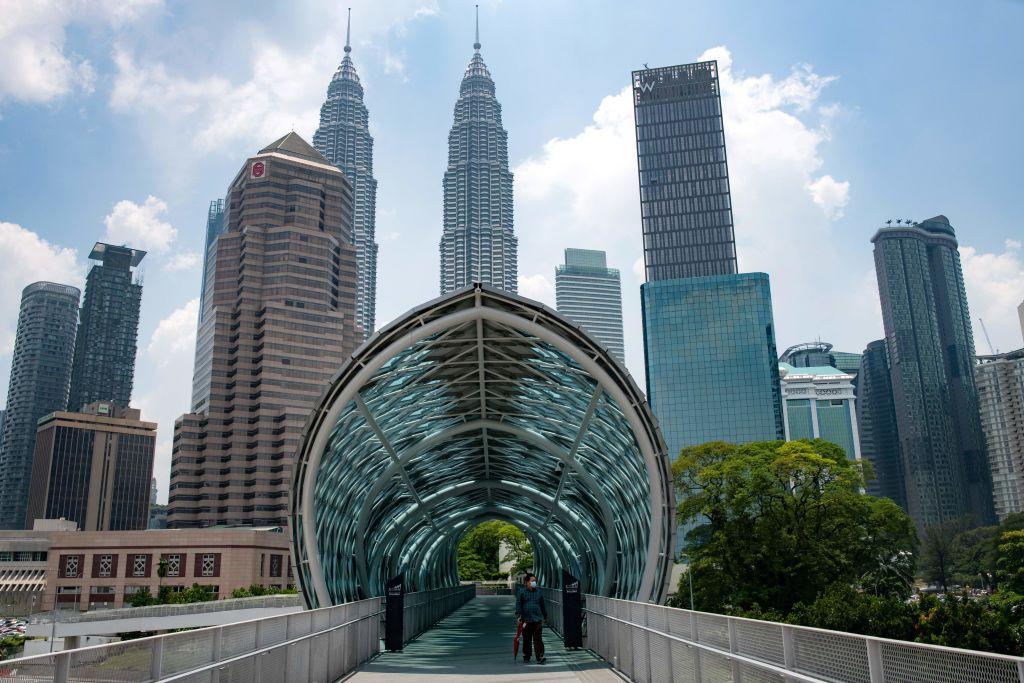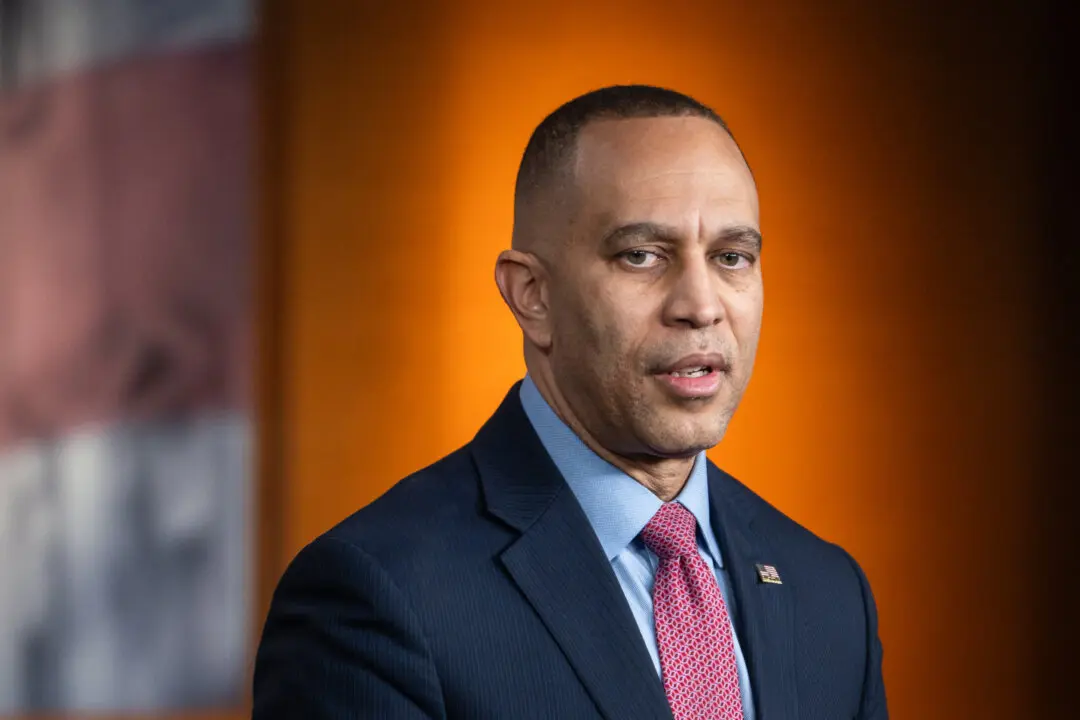Malaysia’s currency and stocks fell on Monday as the country’s election remains in deadlock and no party secured an outright majority in parliament.
The Malaysian Ringgit fell to 4.5780 against the U.S. dollar on Monday from 4.5480 at Thursday’s close, while the benchmark Kuala Lumpur Composite Index (KLCI) slid 1.5 percent in early trading.





